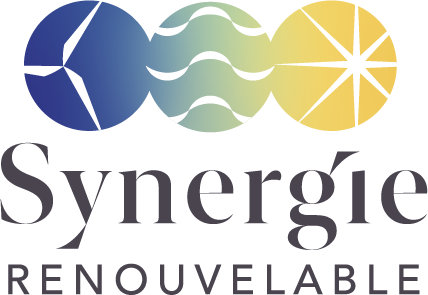Afghanistan - Solar electrification of 9 schools and a boarding school in an agricultural college
- Selected project
- In progress
- Realized
Presentation of the NGO
AFRANE
AFRANE (Amitié franco-afghanane), is an association under the 1901 law for humanitarian aid in Afghanistan. It considers access to education for Afghan youth as an essential key to the sustainable reconstruction of the country. The association, founded on Franco-Afghan friendship, aims to establish a favourable environment for education and inform people of the situation in Afghanistan.
AFRANE currently supports 48 schools, about 100,000 children, spread over 5 sites (Kabul, Charikar, Jalalabad, Waras and Herat). It acts on 3 parts:
• Teacher training: Training of teachers, librarians and laboratory technicians, development of teaching tools, support for teaching the French language, preparatory classes for the university entrance exam, training of teachers, students and parents of students in non-violence and mediation.
• Reconstruction: Rehabilitation and construction of schools: school buildings (including an agricultural high school and its boarding school with the establishment of an agricultural testing ground), science laboratories, libraries, latrines and water supplies, nurseries
• Equipment (school furniture and supplies: books, science equipment, blackboards, desks, etc.)
Context of the project
The Waras district is located in the province of Bamiyan, famous for its giant Buddhas, which unfortunately disappeared in 2001. Unicef ranked it 27th out of 32 provinces at the national level based on indicators such as life expectancy or enrolment rate (AFRANE 2018 data). With a population of about 100,000, or nearly a quarter of the province’s total population, Waras District is the largest district in Bamiyan. It is a mountainous and landlocked region in the south of the province. It can only be reached via a hill at an altitude of 3500 metres. As a result, the Waras is deprived of public electricity and road networks for part of the winter, due to the very heavy snowfall in this part of the country. These remote and difficult to access Waras schools, which are located in a multitude of villages and hamlets spread across the many valleys, have important educational and infrastructure needs.
This region is, however, the most stable region in the country. It is populated by Hazaras, who keep away from armed conflict, and many organizations can carry out development activities in the region. Accessible by plane, Bamiyan province can therefore be easily visited, either by AFRANE staff or external consultants. Thanks to its 37 years of experience and knowledge of the country, AFRANE is also recognised by the French Embassy as responsible in terms of security. As a result, the organization has received a derogation to employ International Solidarity Volunteers, while the country is classified as a red zone by the Ministry of Foreign Affairs.
Presentation of the project
The energy problem
Most schools in the Waras district do not have access to electricity and have no alternative but to use solar energy. Indeed, the local electricity grid is almost non-existent and electrical connection is not possible.
This has an impact on the administrative management of the schools as staff cannot computerize their tracking files. There is also an impact on the learning conditions for children; some schools have very dark classes, especially at the beginning or end of the day as winter approaches, and teachers spend the night in remote or isolated schools. Access to electricity, such as lights and telephones, would be very beneficial to them.
In addition, AFRANE has built an agricultural high school in the commune of Band-e-Kossa, with the aim of providing relevant and adapted training for students from the valley, but also for other students from the district, since it is the first agricultural high school in this department. In 2018, AFRANE also launched the construction of a boarding school for 40 students attached to the agricultural high school. Thus, it will need to be equipped with electricity, so that students have light at night and enough to charge their electronic devices.
The adopted solutions
As the sunshine rate is very high in the region, solar energy seems to be the most relevant solution. During the school period, the amount of sunshine per day will always be sufficient to provide electricity to schools. AFRANE will therefore provide a solar panel (250 V), two batteries (12 V – 150 W), a charge regulator and a converter (24V – 220V) to nine schools, as the energy needs are relatively low.
For the dormitory in Band-e-Kossa, the energy needs are higher, as the 40 students will mainly live there at night. Some students will have electronic devices to charge. Thus, 5 solar panels are planned to meet these needs, as well as 10 batteries, 5 controllers and a converter.
The Shura village community, with the role of board of directors and encompassing 9 schools, has also agreed to contribute to equipping the schools with solar panels, by providing electrical cables, metal frames for the panels, a protection box for the batteries, as well as installation labour.
List of equipped schools: Qol-e-Batu, Qara Ghojor, Qom-e-Barfi, Pitab-e-Sarab, Sar-e-Sarab, Qaf Qule, Qul-e-Massoud, Sia Qulak, Markaz-e-Waras (where AFRANE offices are hosted).


